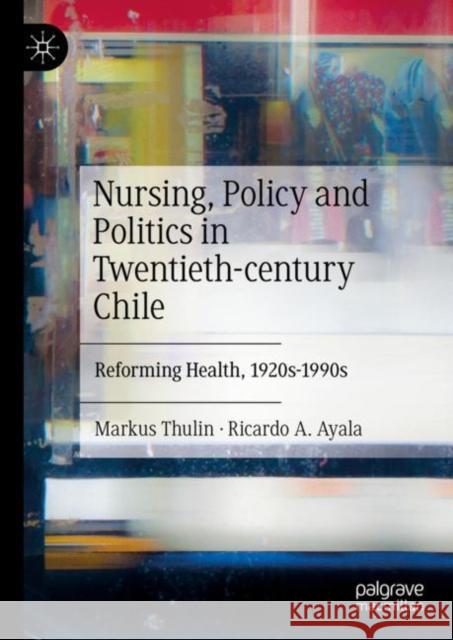Nursing, Policy and Politics in Twentieth-Century Chile: Reforming Health, 1920s-1990s » książka
topmenu
Nursing, Policy and Politics in Twentieth-Century Chile: Reforming Health, 1920s-1990s
ISBN-13: 9783030908348 / Angielski / Twarda / 2023
Nursing, Policy and Politics in Twentieth-Century Chile: Reforming Health, 1920s-1990s
ISBN-13: 9783030908348 / Angielski / Twarda / 2023
cena 523,30
(netto: 498,38 VAT: 5%)
Najniższa cena z 30 dni: 462,63
(netto: 498,38 VAT: 5%)
Najniższa cena z 30 dni: 462,63
Termin realizacji zamówienia:
ok. 16-18 dni roboczych.
ok. 16-18 dni roboczych.
Darmowa dostawa!
Kategorie BISAC:
Wydawca:
Springer Nature Switzerland AG
Język:
Angielski
ISBN-13:
9783030908348
Rok wydania:
2023
Wymiary:
21.0 x 14.8
Oprawa:
Twarda
Dodatkowe informacje:
Wydanie ilustrowane











